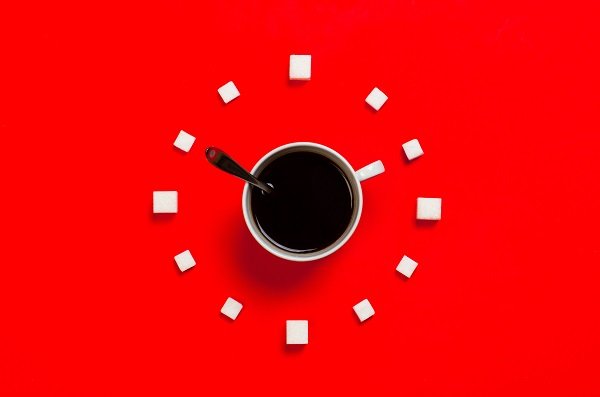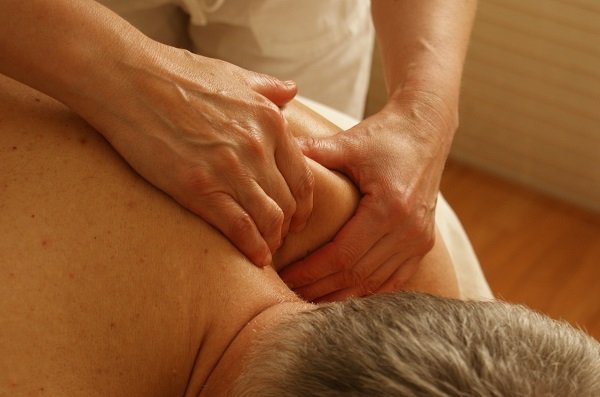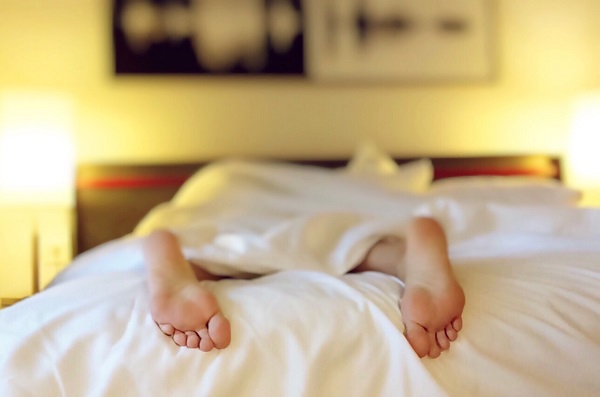If you or a loved one has been grinding their teeth at night, you know that there can be a lot to cope with. Headaches, tooth pain, restless sleep, and the sound of teeth grinding — these issues can quickly create stress for the whole household.
But there’s no need to panic! There are ways you can cope with bruxism (nighttime teeth grinding) to promote healthy teeth, improve sleep, and decrease frustration.
Here are five solutions to consider.
1. Address anxiety

Stress and anxiety are one of the biggest triggers for bruxism. While stress is common to all of us and can’t always be quickly fixed, all that tension can soon lead to clenching your jaw and grinding your teeth at night.
Making time to meditate, prioritizing relaxation, and engaging in therapeutic practices to help control your anxiety and reduce your stress level is one of the best ways to cope with bruxism.
2. Cut caffeine

Caffeinated drinks can have an impact on your bruxism in a few different ways. First of all, the buzz you get can make it harder for you to get restful sleep at night. But your coffee or soda can also cause damage to your teeth’s enamel — exacerbating the effects of bruxism — and contribute to feelings of stress and anxiety.
Sugar and booze can also have similar effects. Reducing or eliminating caffeinated, sugary, and alcoholic food and drink from your regular diet can help you cope with bruxism.
3. Massage muscles

Muscle tension can be both a contributing factor of bruxism — and a big consequence. Tension in your neck and jaw can make you more likely to clench or grind at night, but it can also lead to chronic headaches, face pain, and even temporomandibular joint disorders (TMJ or TMD).
Regular massage and muscle relaxation techniques are great for coping with bruxism because it helps relieve that tension, making it less likely you’ll grind your teeth and night and more likely you’ll get better and more relaxed sleep.
4. Highlight hygiene

Sleep hygiene, that is! If nighttime teeth grinding is making it hard to sleep, ensuring that you’re otherwise set up for good shuteye is important. You probably already know that watching television or looking at your phone in bed isn’t a great idea for good sleep. But even small amounts of light (nightlights, lighted alarm clocks, power indicators on a phone or TV) can make it harder to get your best rest.
Good sleep hygiene, including limiting artificial light at night, keeping the room cool, and silencing disruptive noise, can help.
5. Get a guard
Dental guards are a great way to stop grinding your teeth immediately. Designed to keep your teeth apart and your jaw relaxed, dental guards can stop the effects of bruxism in their tracks, even while you’re making other environmental or behavioral changes.
SleepRight’s dental guards offer a customizable comfort fit (without the mess of boiling or microwaving) and can be found at your local CVS, Walgreens, or Walmart!



